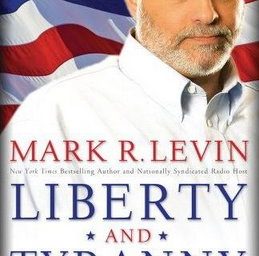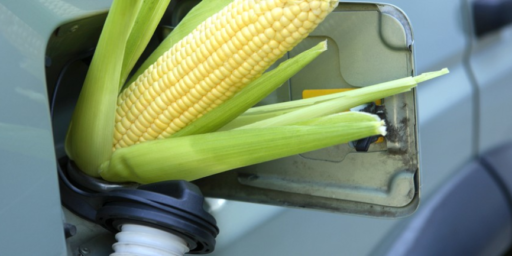Doha on the Editorial Pages
This morning both the New York Times and the Washington Post editorialized on reviving the Doha round of WTO trade talks which have been on life support for years.
New York Times
There are few things that could do more damage to the already battered global economy than an old-fashioned trade war. So we have been increasingly worried by the protectionist rhetoric and policies being espoused by politicians across the globe and in this country.
Against this bleak backdrop, it is especially good news that the world’s leading developed and developing nations have committed to complete a stalled global trade agreement (the so-called Doha Round) by next year. For that to happen, leaders — especially in the United States, Europe, India, China and Brazil — are going to have to muster real sense and political courage.
Washington Post
The moribund Doha round of free-trade talks must be revived, as the G-8 leaders also promised this week. After all, the Doha round was inaugurated eight years ago as the “development round” precisely because its goal was to eliminate poverty through trade, not aid. That objective remains unfulfilled and no less urgent.
I’m afraid that mustering “real sense and political courage” is asking too much.
For some reason or another I’m one of the very few in the American political blogosphere who posts about trade negotiations with any consistency or depth. I’ll leave it to your best judgement as to why that might be. Although few seem to find it interesting it’s a vital subject. Other countries’ trade policies affect us.
I’ve favored eliminating U. S. agricultural subsidies for decades and I note that it’s a prime recommendation in both of the editorials linked above. I think the emphasis on what the United States can do by both the NYT and the WP is understandable but conveys an impression that overstates what we can accomplish with unilateral reform and, frankly, I think we would be foolish to abandon our subsidies other than in the context of our trading partners reforming theirs. Practically every country has a lousy agricultural policy and if we can induce other countries to abandon their lousy agricultural policies in exchange for us abandoning ours, all the better.
I note that reform in intellectual property law doesn’t rate a mention in either the NYT or WP editorial. That’s discouraging since it’s one of our primary concerns in trade reform. We’ve put high stakes on the development of intellectual property as a factor in our economic growth and unless our trading partners honor our intellectual property rights, that’s a forlorn hope. Frankly, I’m skeptical.
I’ve posted additional thoughts at The Glittering Eye.






True. My only concern is that you might get a situation where conflict disrupts the trade networks bringing food from producer to consuming countries, leaving a bunch of countries dependent on food imports in the muck.
My main concern is food safety. While this is true regardless of the food’s origin and the amount of agricultural subsidies, I think it is obvious that we would import more food without those subsidies. And some countries have some pretty lax standards, if they have any at all.
90% of our agricultural subsidies go to feed grain, cotton, wheat, rice, and soybeans (in that order). Their elimination would have little effect on how much food we import or where we import it from.
I agree with your concern about food safety. Agricultural subsidies are an essentially unrelated topic.